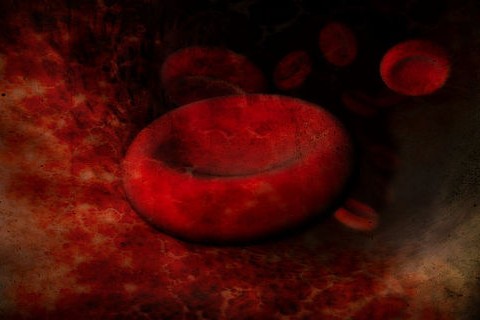Erythroblastosis Fetalis is Dangerous
Hemolytic disease of the newborn, or erythroblastosis fetalis, is a very dangerous disease that occurs in newborns when there is an incompatability between the blood type of the baby and the blood type of mom. Essentially mom’s blood produces antibodies against the baby’s blood cells, causing anemia of varying severity. There are two types of erythroblastosis fetalis: ABO incompatibility and Rh factor incompatibility.

ABO Incompatibility
As you may know, there are four different blood types: A, B, AB and O. These blood types are differentiated by special proteins on the surface of each blood cell. For example, a person with type A blood has type A proteins on their blood cells, a person with type B blood has type B proteins, type AB has both A and B proteins, and type O has no proteins on their blood cells.
In addition, the blood cells produce antibodies against the proteins that aren’t present (Type A makes anti-B antibodies, Type B makes anti-A antibodies, Type AB doesn’t make any antibodies and Type O makes both anti-A and anti-B antibodies).
If mom and baby don’t have the same blood type, mom’s blood will sometimes make antibodies against the proteins on the baby’s blood cells. ABO incompatibility is relatively common and produces differing degrees of anemia.
Rh Incompatibility
In addition to the proteins listed above, blood cells also either have or are missing another protein called Rh. A person who has the Rh factor is called Rh positive; a person who does not is called Rh negative. This is designated by the positive or negative after the blood type (i.e.; A+). If a mom is Rh negative and her baby is Rh positive, she will make antibodies against the Rh protein found on the baby’s blood cells. This incompatibility is much less common, but much more dangerous.
An Rh negative mom who is married to a Rh positive man (because of the possibility that the baby will also be Rh positive) should be given a special injection of immune factors called RhoGHAM, which helps prevent this syndrome from occurring. It cannot happen with a first pregnancy, but will with subsequent pregnancies.